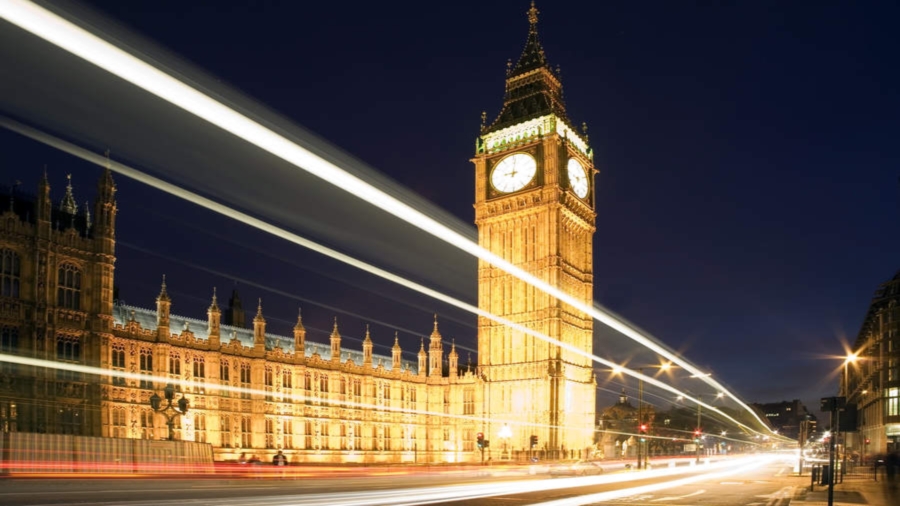Google loses High Court bid to block UK legal action
Has to face the music on both sides of the pond

Google has lost its High Court bid to block a breach of privacy legal action launched against it in the UK by a group of British internet users.
The internet search giant applied for a declaration that the had no jurisdiction to try their claims, due to fact that Google is based in the US, not Europe.
The group, Safari Users Against Google's Secret Tracking, accuse Google of bypassing security settings in order to track their online browsing and to target them with personalised advertisements.
Mr Justice Tugendhat, sitting at London's High Court, ruled that the UK courts were the "appropriate jurisdiction" to try their claims. A group spokesman said: "The Google argument that any trial should take place in California has not been accepted by the judge."
Searching for a way out
Allegations against Google include misuse of private information, breach of confidence and of the 1998 Data Protection Act. In particular, it is alleged that Google acted directly against an EU directive which required informed consent before the placing of cookies in a user's device.
The group claim that information gained from these cookies was collected and then sold to advertisers who use Google's DoubleClick advertising service.
Google, in response, argued that the UK courts were not the proper place to bring the claim, suggesting that the members of the group filing it should fly to America, where Google is based.
Sign up to the TechRadar Pro newsletter to get all the top news, opinion, features and guidance your business needs to succeed!
Dan Tench, a legal firm partner leading the case, said: "This was a flagrant, if ultimately unsuccessful, attempt to evade justice. The court saw through it. We now look forward to the discovery process where we expect to find out what really happened at Google to cause it to breach privacy laws."
Google was refused permission to appeal but intends to ask the Court of Appeal itself to hear its case. A Google spokeswoman said: "A case almost identical to this one was dismissed in its entirety three months ago in the US.
"We still don't think that this case meets the standards required in the UK for it to go to trial, and we'll be appealing today's ruling."